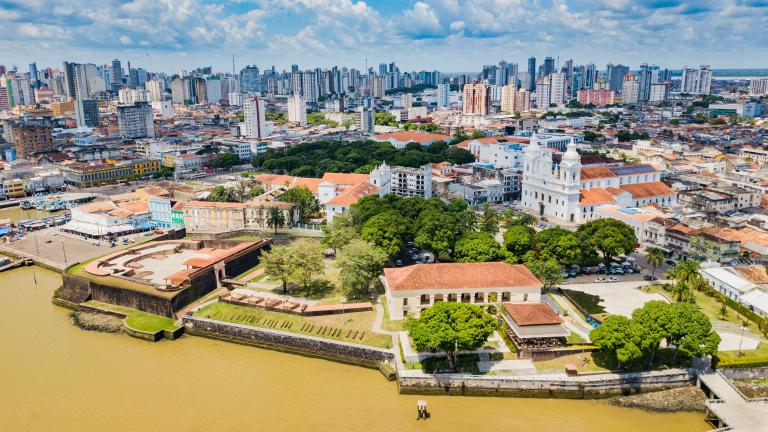Conference of the Parties (COP)
WMO provides a wide range of scientific and technical inputs to the 1992 United Nations Framework Convention on Climate Change (UNFCCC), the chief global forum for international collaboration and climate action. As part of this work, WMO submits reports including on the State of the Global Climate and the Greenhouse Gas Bulletin for the Conference of Parties (COP), the Convention’s supreme decision-making body. By promoting and coordinating many of the observing systems and research networks that underpin climate science, WMO highlights the need for governments to address climate change.
In December 2015, the Parties to the Climate Change Convention adopted the Paris Agreement, setting out a global pathway for reducing greenhouse gas emissions and building climate resilience. The Agreement’s central aim is to keep global mean temperature rise in this century well below 2 degrees Celsius above pre-industrial levels and to pursue efforts to limit the temperature increase even further to 1.5 degrees Celsius. The Agreement also aims to strengthen the ability of countries to deal with the impacts of climate change. The Agreement entered into force on 4 November 2016.

How WMO helps the UNFCCC
To fulfill its mandate in the field of climate variability and climate change, WMO:
- Reports to the COP about the recent progress and future plans of observation systems and research programmes that support the implementation of Article 5 of the Convention
- Coordinates the WMO Integrated Global Observing System (WIGOS) comprising space, air, land and sea-based instruments that monitor the state of the Earth’s atmosphere, ocean and land surface, and water cycle
- Operates the WMO Information System (WIS) for managing and exchanging data and information about weather, climate and water
- Leads the UN system’s Global Framework for Climate Services (GFCS), a worldwide partnership of governments and organizations that produce and use climate information services for managing and adapting to climate risks
- Provides annual scientific reports on greenhouse gas concentrations and global climate trend such as the State of the Global Climate and Greenhouse Gas Bulletin
- Provides capacity development to assist governments in monitoring and forecasting climate trends
- Addresses climate information requirements for disaster risk management
- Contributes to the United Nations Alliance on Climate Change Education, Training and Public Awareness
- Co-sponsors and hosts the Intergovernmental Panel on Climate Change (IPCC)
- Co-sponsors and hosts the World Climate Research Programme (WCRP)
- Co-sponsors and hosts the Global Climate Observing System (GCOS)

